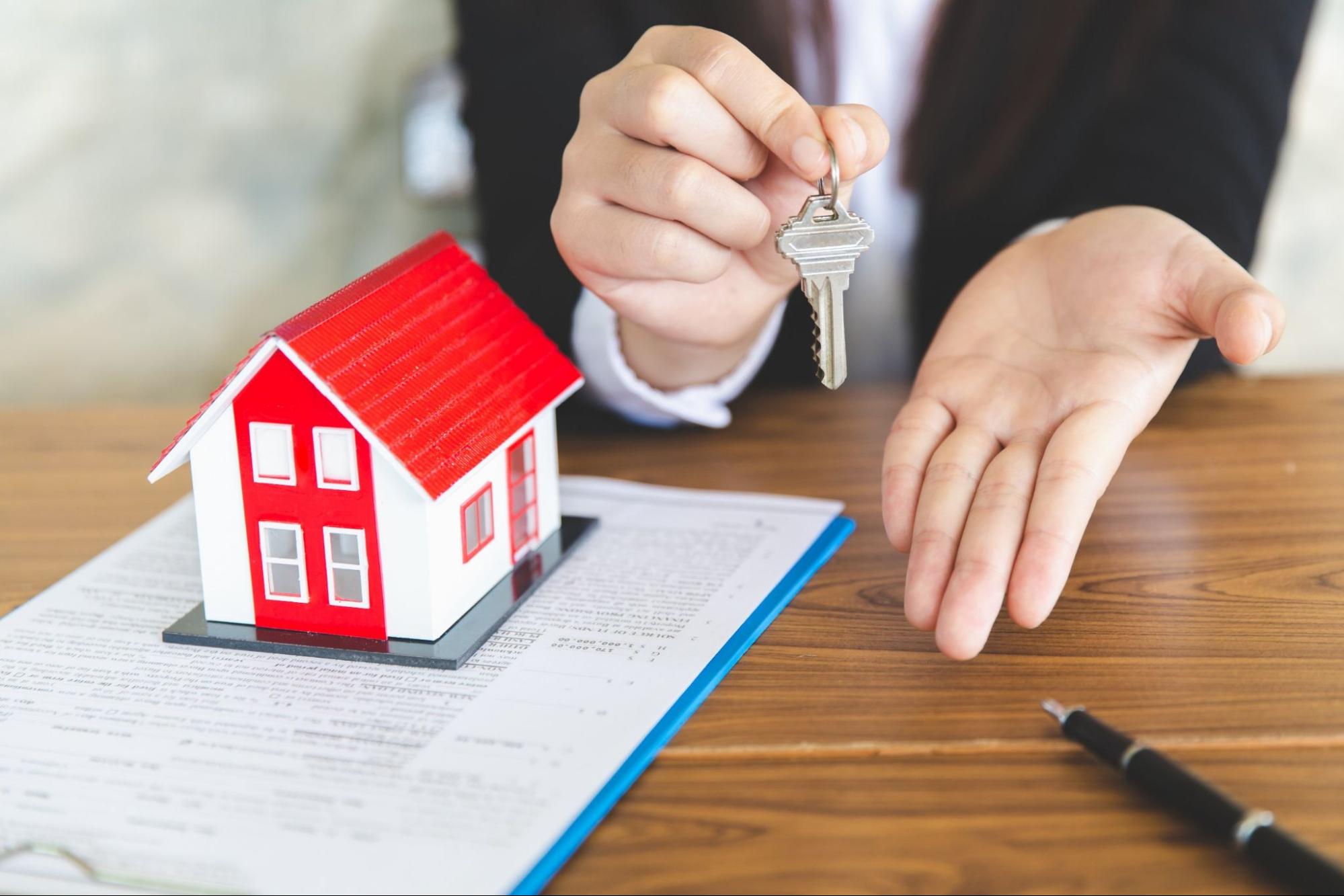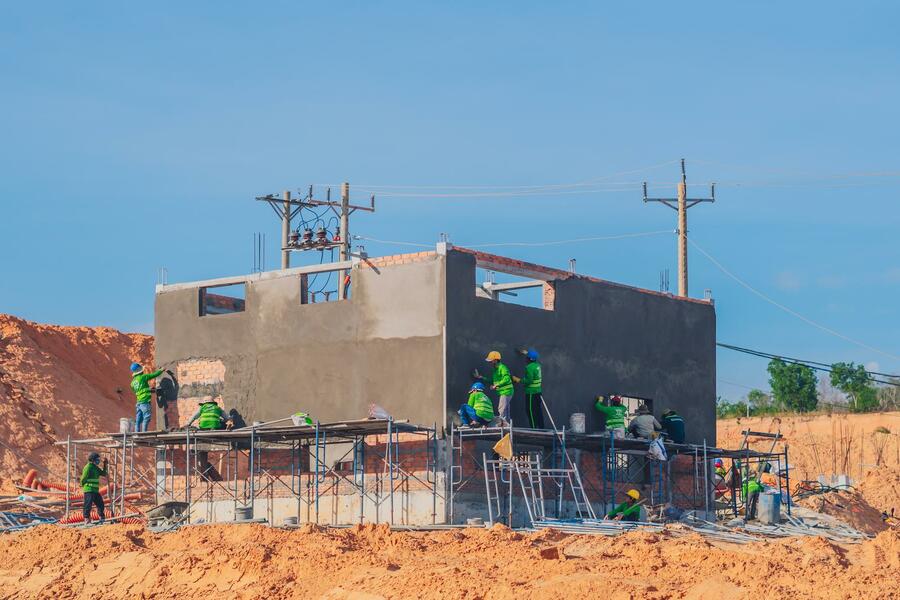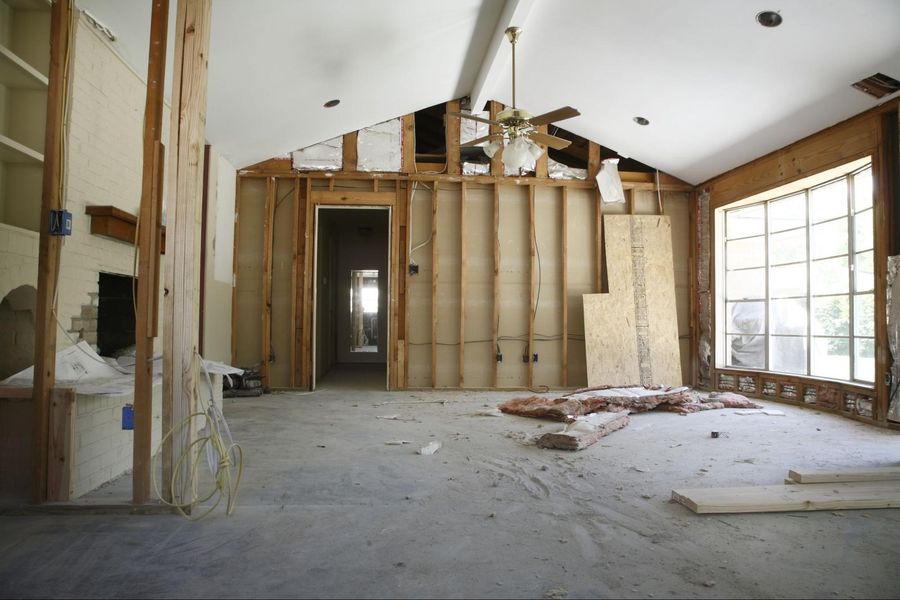You might think of home equity and see Kurt Browning, the Canadian Olympic figure skater from the CHIP reverse mortgage commercials. You may also think that it’s something retired folks use to top up their living expenses. But did you know you can use your existing home equity to invest in another property to buy a house?
A home equity loan is a type of second mortgage and allows you to use your equity now rather than waiting until after you sell. A second mortgage can also be useful if you choose to use invest your equity in a second property.
Basically, home equity is the money your home makes for you. So if you bought a house for $200,000 and now it’s worth $600,000, that $400,000 increase is due to the increasing value of your home over the years and that is your home equity. The appraised value of your home can impact the amount you receive as a lender and affect the lump sum you get.
“It’s really dead money,” said Matt Elkind, Managing Director and partner at Connect. “If you put it into real estate, you’re dealing with a much different situation where you can now make that $400,000 grow into another million.”
As interest rates climb, your purchase price becomes a smaller fraction of what your home is actually worth. If your home’s value climbs by as much as 80%, you’re in a great situation to consider using home equity as a down payment to purchase a second home as an investment property. All-in-all, home equity loans can be useful if you want to make an investment that you’ll be able to cash in on later.
A vacation home or rental properties?
Buying a second home can open a few different doors in terms of what you’re looking to do with your investment. You could purchase a log-cabin in cottage country and turn it into a family getaway for generations, or you could buy a home or condo and turn it into a rental opportunity in order to make money to pay back your home equity or mortgage loan.
Each option has its perks, but it’s important to consider what type of investment you want to make before looking into using your home equity to buy a new home. The question is, which type of loan will be best for you to make more profit, and which housing option do you want to invest in? For example, investing in condos in Canada is ideal for people looking to invest in a rental property that has value.
“For the most part, the price of a freehold home is what makes it challenging,” Elkind said. “In most areas like Toronto, if you pay a million and a half dollars for a home on the rental market, you will not have positive cash flow whereas in a condo in a normal rental market, you have that opportunity [to make more.]”

A home equity line of credit vs. reverse mortgages
With Home Equity Lines of Credit, (HELOC) you can obtain up to 80% of your home’s appraised value. A HELOC is referred to as revolving credit which means you can have access to the money but won’t have to start actually paying interest until you use the money from your loan or home equity funds. a huge advantage to using a HELOC instead is borrowers can borrow more depending on what they pay back into their loan.
A reverse mortgage lets you use your home as collateral for a loan. You don’t have to make any monthly mortgage payment until you sell your home – but you will accumulate interest that you will eventually have to pay off. Just like your first mortgage is a line of credit, a reverse mortgage affects your mortgage rates and requires a full mortgage application.
For a HELOC, you need to have a good credit score and be able to prove your stable income. However, with a reverse mortgage, only the equity in your home and its age and location is taken into consideration. So you don’t have to have the best score to be eligible.
A reverse mortgage typically has a higher interest rate than a HELOC, but the mortgage rate is fixed. That means when you do start making your monthly payment on your new mortgage, you know the interest rate will always be the same. So they aren’t exactly credit cards, but more a line of credit that changes throughout the duration of your loan as you pay off your mortgages. Which makes them perfect down-payment money to offer when trying to purchase investment properties.
Refinancing your mortgage
One of the more known financing options is refinancing your mortgage. This may help you have lower mortgage payments and access home equity. When refinancing your primary home, seeking out the advice of a mortgage broker can help you make decisions on whether to refinance, reverse your mortgage or take out a HELOC.
It’s important to only refinance if you can lower your interest rates by at least 2%. Choosing to refinance helps lower interest rates, but also allows you to access your mortgage loan lump sum that helps you buy that second home.
Home equity loan specifics
Similar to your first mortgage, you must have up to 20% of the asking price to purchase investment properties and give homeowners a solid offer. It’s also important to note that home equity loans are only tax-deductible in Canada if a homeowner chooses to spend their HELOC funds on home improvements.
Rates can vary depending on the lender. Some mortgages have a lower interest because the amount of equity available is lower. A mortgage lender will often have specific criteria you must reach in order to be able to borrow money, even if it is your equity. Lenders also take into consideration your specific living costs. It’s a good idea to look up the specific requirements for individual financial lenders on their website before trying to obtain your home equity loan.
A booming market
The Canadian real estate market has seen an increase in demand due to the COVID-19 pandemic, which makes now a great time to get into the market and purchase an investment property. Interest rates are at historically low rates, and data is suggesting the overall amount of houses will be skyrocketing once we recover from the pandemic.
“We’re seeing the markets come back to life now that people know that there’s a cure because rates are at all-time lows and people really are confident on where the market is going,” Elkind said. “And as soon as we see the borders open up we’re going to see a real increase in rental demand as well.”









